Philosophy is the practice of genuinely asking and attempting to answer two related questions about matters of ultimate concern: “Why do we believe and value what we do, and should we believe and value those things?” The Loras philosophy program is designed to engage students in the rational examination of these questions through both traditional and innovative philosophical techniques, engaging them in the Catholic intellectual tradition, and integrating diverse contemporary perspectives.
Explore Internships & Careers
Many Internships and study abroad opportunities are available. All philosophy majors participate in college internship programs offered through the Loras College Center for Experiential Learning. More philosophy majors study abroad than any other major on campus. Popular locations include:
- Ireland
- Spain
- England
- South Africa
- Rome
- Asssi
- Peru
You will be prepared for a variety of interesting careers.
- Law and jurisprudence
- Mediation and arbitration
- Ethics and compliance
- Instructional design
- Ministry and priesthood
- Politics and government service
- Public policy analysis and lobbying
- Non-profit management
- Grant writing
- Media and publishing
- Copywriting and editing
- Academic research
- Counseling
Course Highlights
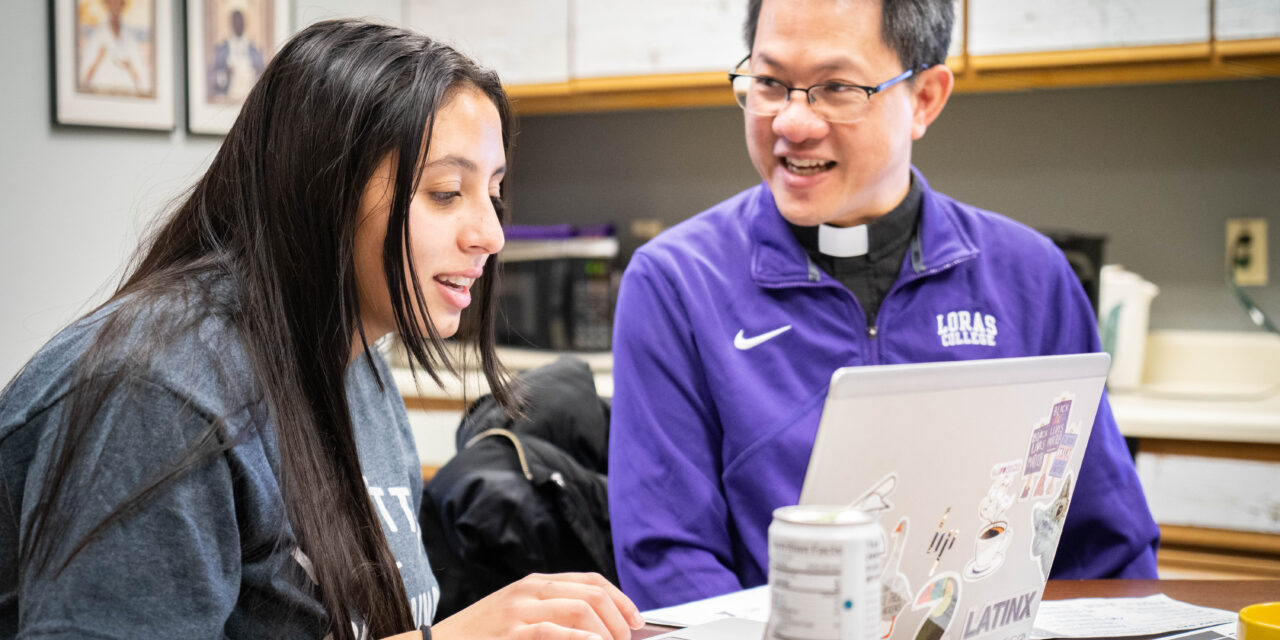
School of Humanities & Education
Majors & Minors
Philosophical Salon
A weekly informal gathering during which you are encouraged to come and discuss a variety of philosophical topics with the philosophy faculty. Occasionally there are special speakers or proposed topics; however, you are encouraged to raise your own topics of interest. This is an excellent opportunity for those with an interest in philosophy to engage with other like-minded individuals in a casual but intellectually stimulating setting.
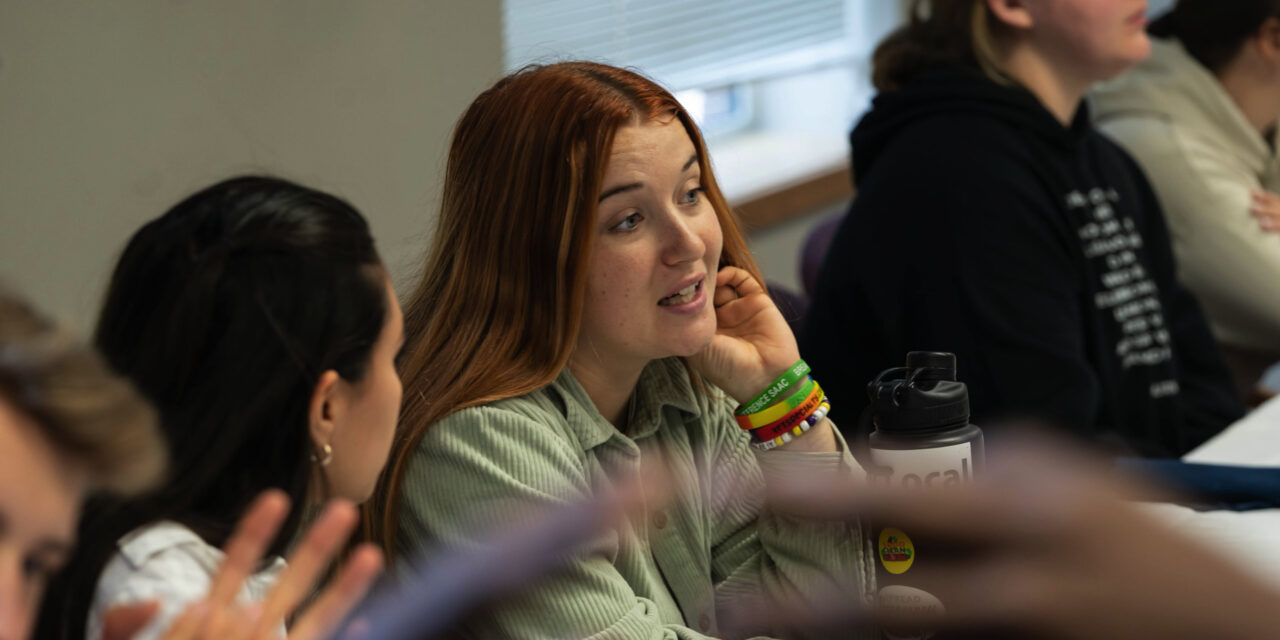
Clubs & Orgs
We have a variety of opportunities for you to get involved from the moment you set foot on campus.
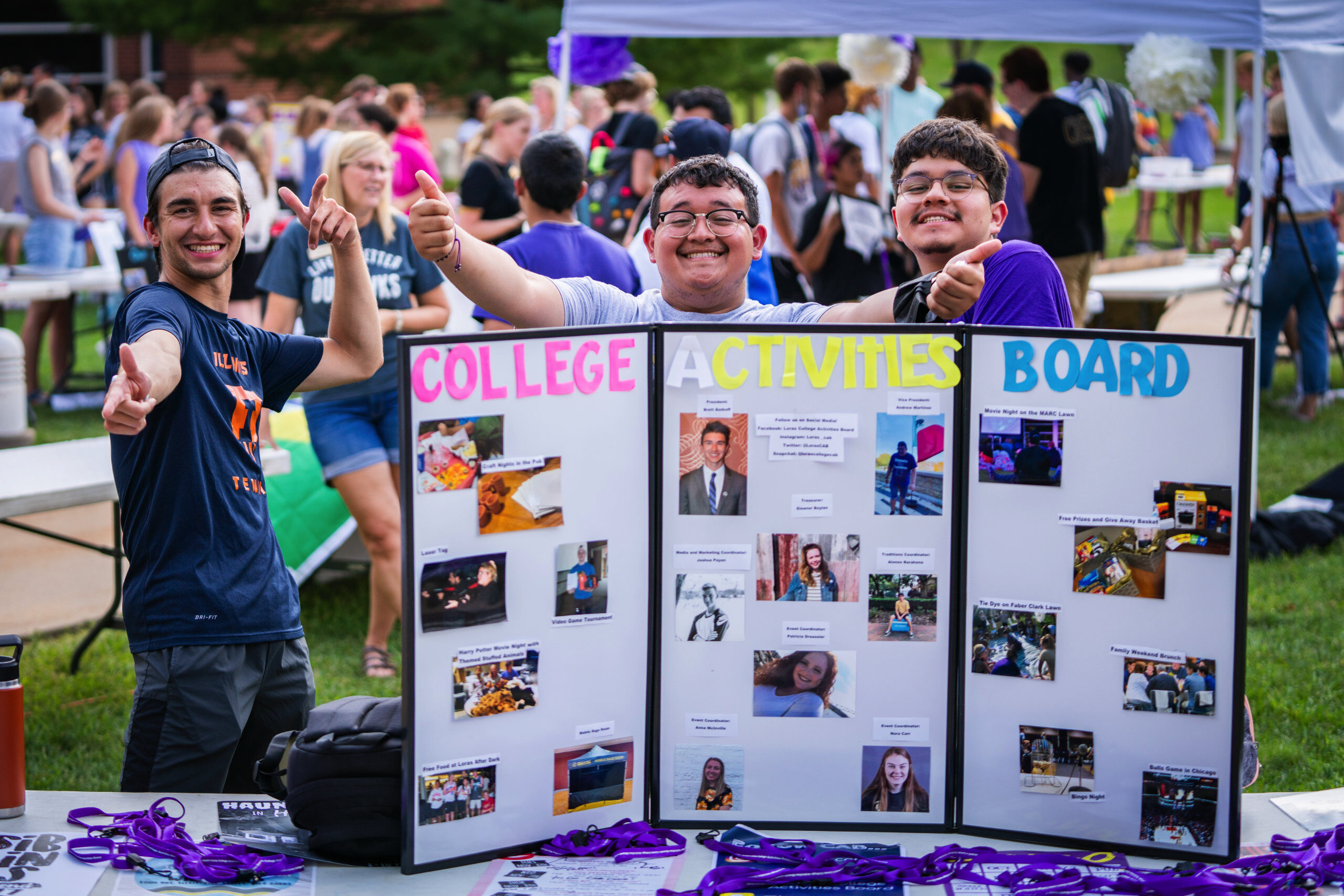
Straight Talk from a Duhawk
I appreciated that I was always challenged to be better and think more critically. I was also empowered by faculty to reach my full potential and that long-term growth was more important than short-term grades. Also, my coursework was always focused on relevant experiences that shaped me into the person I am today.
— Michaela (’18)
Meet Your Professors

Christoffer Lammer-Heindel PhD
Associate Professor of Philosophy

Traci Phillipson PhD
Assistant Professor of Philosophy
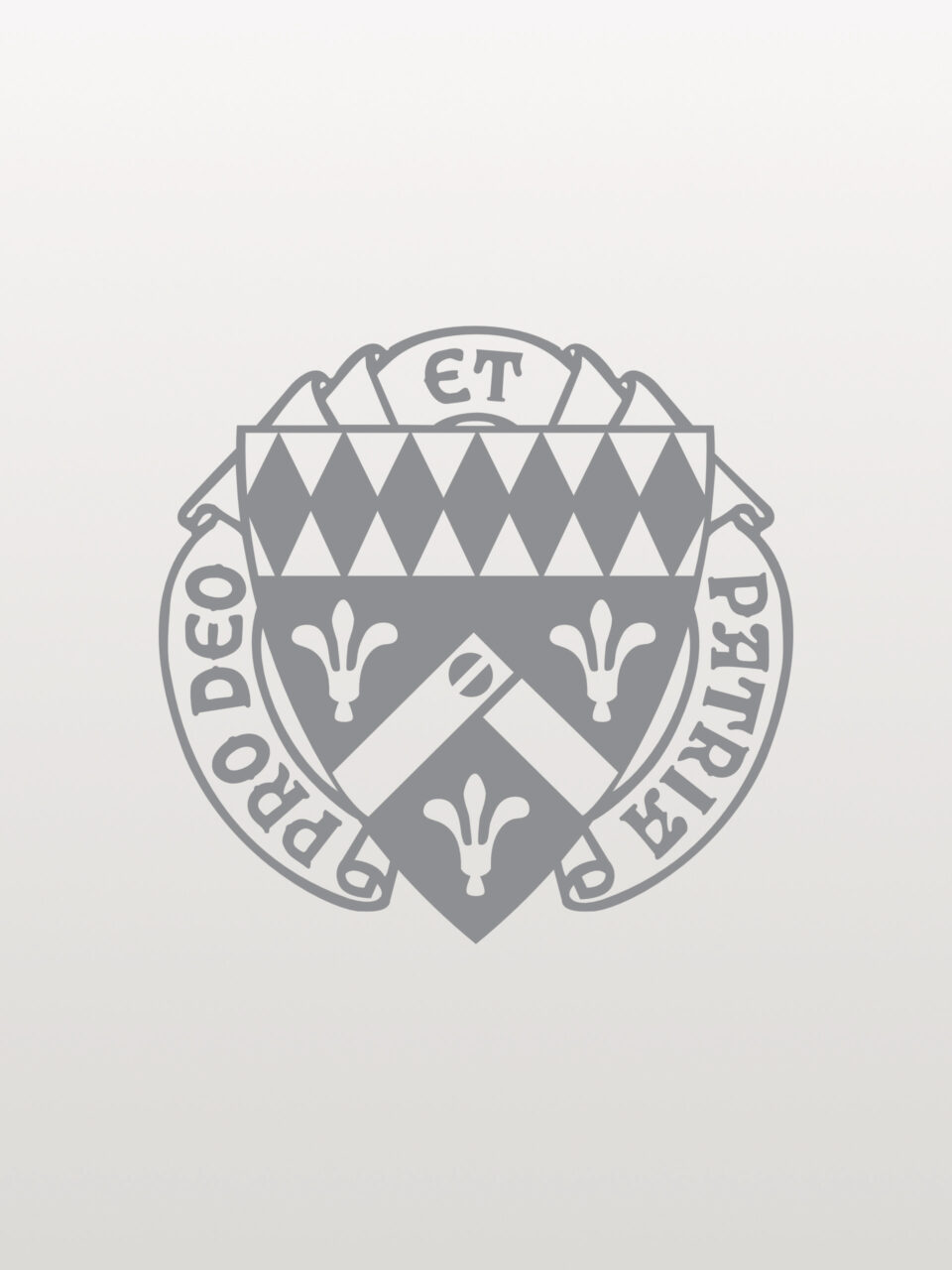
Heleana Theixos PhD
Assistant Professor of Philosophy
Andrew P. Studdert Chair of Business Ethics & Crisis Leadership
Philosophy News
-

Beckett’s Inspiring Commitment to Social Change
In the summer of 2020, as a high school senior, Graceann Beckett (’24) received a graduation gift that would set… More
-
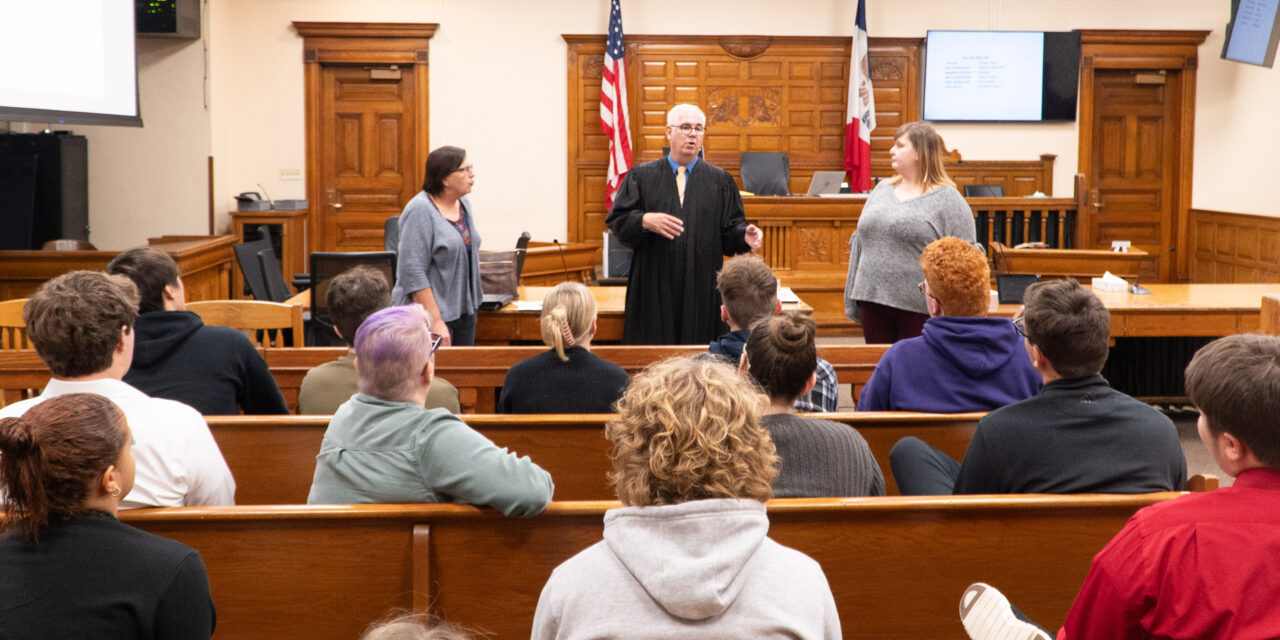
Joint Programs with Drake Law, St. Ambrose University
Loras College students can earn both a bachelor’s degree and a law degree in six years thanks to a new partnership with Drake University Law School. Furthermore, a new 4+1 Master of Public Health articulation agreement was recently completed with St. Ambrose University. More
-
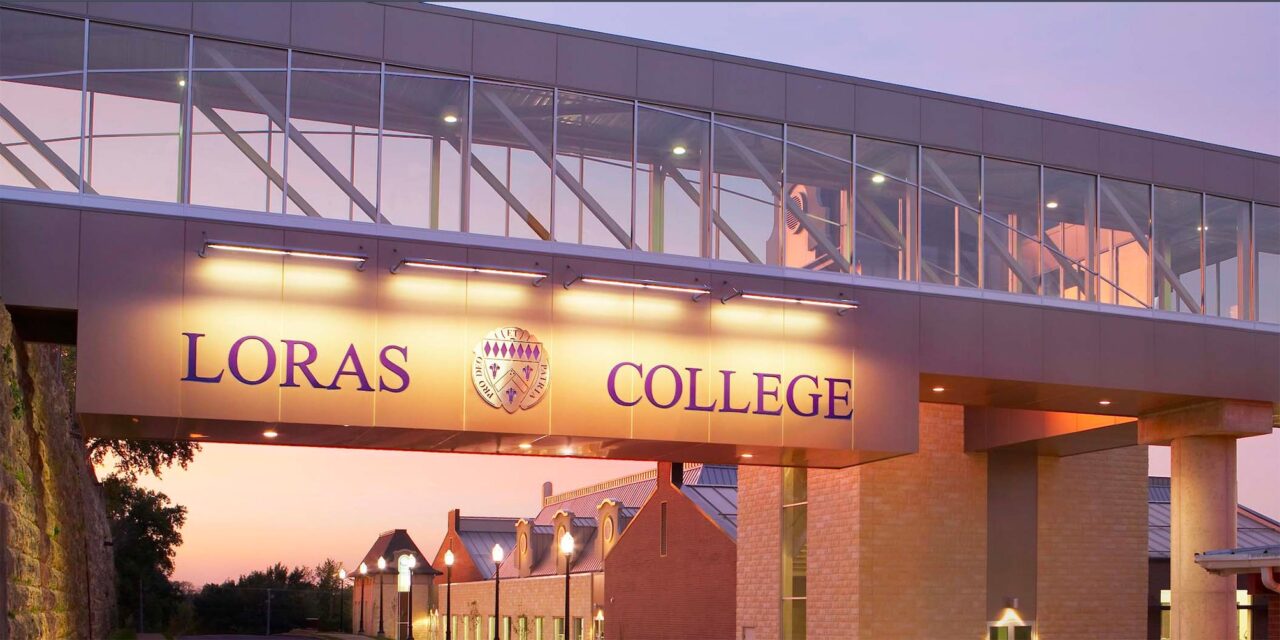
IPTC Grant to Benefit Community College Transfers to Iowa Private Colleges, Universities
Find a more transparent, cost-effective, and coordinated transfer process thanks to a three-year grant More

